Mouth ulcers, or as medicine call them, aphthous ulcers, are white painful spots surrounded by redness inside your mouth. They are extremely painful, especially when you eat or brush your teeth.
A person can have from one to five mouth ulcers at one point. They are annoying but harmless. They normally heal in about ten days.
We all had mouth ulcers in our lives, but it shows that some people are especially prone to them. If a person is younger he or she will suffer more from mouth ulcers. Once you turn 40, you will find out that they no longer emerge on your lips (or do not emerge so often).
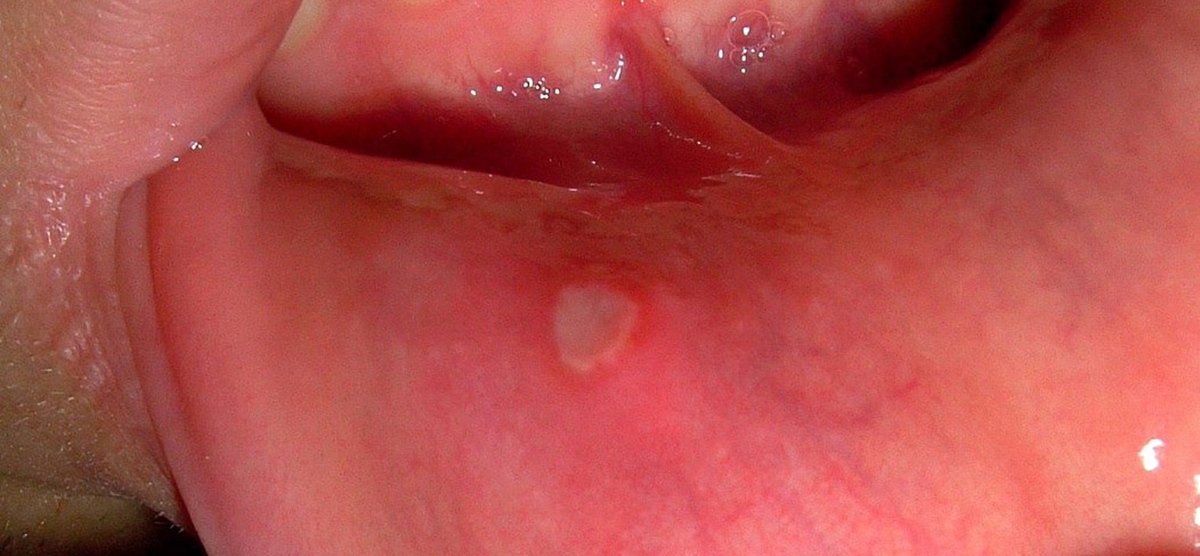
Mouth Ulcers Causes
There are numerous reasons for getting mouth ulcers.
In some cases, mouth ulcers run in the family.
The usual cause for mouth ulcers is constant stress and lack of certain vitamins or minerals in the blood. If a person is anemic and lacks iron, folate, or vitamin B12, he or she tends to have recurrent mouth ulcers. If a person does not have enough zinc in their blood, he or she will also suffer from mouth ulcers.
Not sleeping enough hours, as well as irregular sleep can also lead to mouth ulcers.
Sometimes, a small injury such as biting your cheek or aggressive teeth brushing can cause mouth ulcers.
Women are more susceptible to mouth ulcers before they reach their menstrual cycles.
Even though usually harmless, constant and recurrent mouth ulcers can be a sign of more dangerous conditions such as coeliac disease. If you suspect that this might be the case visit your physician.
If you are elderly or a heavy smoker or alcoholic, and you have a mouth ulcer that lasts longer than three weeks, visit your doctor immediately. There is a slight possibility that it turned cancerous.
Mouth Ulcer Treatment
There are several medications that you can purchase without a prescription to treat mouth ulcers.
One of them is chlorhexidine gluconate mouth rinse, which you can use two times every day. Do not use this solution too long since it can leave stains on teeth.
When choosing toothpaste, make sure it does not contain sodium lauryl sulfate (SLS).
- This review is based on pertinent articles that were retrieved by a selective search in PubMed and in the Cochrane Central Register of Controlled Trials.
- Hard, acidic, and salty foods and toothpastes containing sodium lauryl sulfate should be avoided, along with alcohol and carbonated drinks.
- In Germany, the only drugs that have been approved to treat oral aphthous ulcers are corticosteroids, topical antiseptic/anti-inflammatory agents such as triclosan and diclofenac, and local anesthetics such as lidocaine. Antiseptic agents and local anesthetics should be tried first; if these are ineffective, topical corticosteroids should be used. In severe cases, local measures can be combined with systemic drugs, e.g., colchicine, pentoxifylline, or prednisolone.
- The efficacy of systemic treatment is debated. Other immunosuppressive agents should be given systemically only for refractory or particularly severe oral aphthous ulcers due to Adamantiades-Behçet disease.
You can dissolve dispersible paracetamol in a cup of water and hold it in your mouth a little bit to numb the pain from mouth ulcers.
There is a mouth ulcer liquid rinse or gel that has an anesthetic component, which you can purchase in every pharmacy.
Prepare a chamomile tea leave it to chill, and gargle it.
Make sure to stay away from spicy, salty, and sour food and food with sharp edges, such as crisps since you can irritate your already painful mouth ulcer.
If you decide to visit your physician, he or she will probably give you a corticosteroid paste.



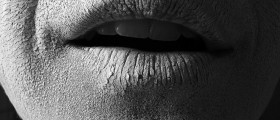
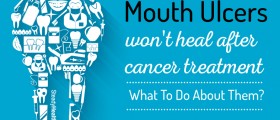
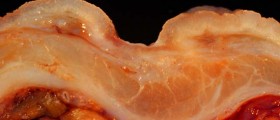
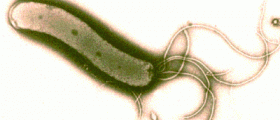






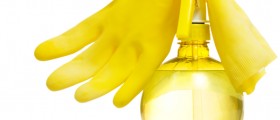
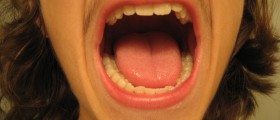

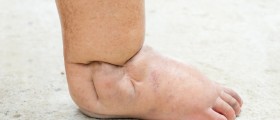
Your thoughts on this
Loading...